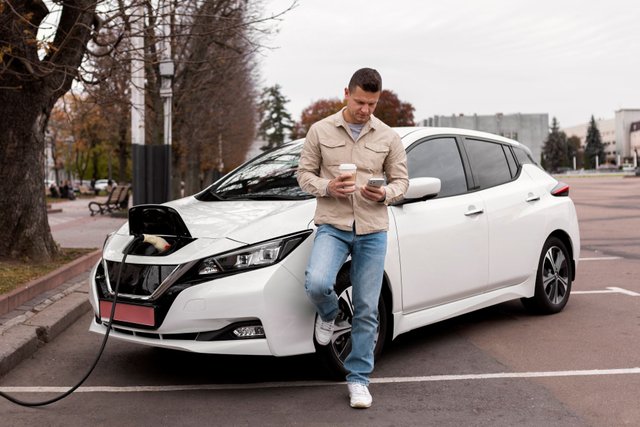
Electric vehicles (EVs) are becoming an integral part of our transportation future, driven by the need for sustainable and efficient alternatives to traditional gasoline-powered cars. As the demand for EVs rises, so does the need for advanced charging solutions. This blog highlights some of the latest innovations in electric vehicle charging technology and shines a spotlight on leading suppliers driving these advancements.
Cutting-Edge Charging Technologies
Ultra-Fast Charging
One of the most significant advancements in EV charging technology is the development of ultra-fast charging stations. These stations can significantly reduce the time it takes to charge an electric vehicle. For instance, some of the latest ultra-fast chargers can deliver up to 350 kW of power, allowing EVs to gain up to 200 miles of range in just 15 minutes. This innovation not only enhances the convenience of owning an EV but also makes long-distance travel more feasible.
Wireless Charging
Wireless charging technology, also known as inductive charging, is another groundbreaking innovation. It eliminates the need for physical connectors by allowing EVs to charge via electromagnetic fields. This technology is particularly useful for home EV charging stations, as it provides a seamless and hassle-free experience. Imagine simply parking your EV over a charging pad in your garage and having it charge automatically. Several electric vehicle charger suppliers are now integrating wireless charging into their offerings, making it a promising technology for the future.
Vehicle-to-Grid (V2G) Technology
Vehicle-to-Grid (V2G) technology enables bidirectional energy flow between EVs and the grid. This means that EVs can not only draw power from the grid but also supply power back to it. V2G technology is beneficial for grid stability and can potentially lower electricity costs for EV owners by allowing them to sell excess power back to the grid during peak demand periods. Leading electric vehicle charger suppliers are incorporating V2G capabilities into their home EV charging stations, offering a more sustainable and economically advantageous solution for consumers.
Supplier Spotlight
Tesla
Tesla has been a pioneer in the EV industry, and its contributions to charging technology are no exception. The company's Supercharger network is renowned for its extensive coverage and high-speed charging capabilities. Tesla continues to innovate, recently unveiling the V3 Supercharger, which can deliver up to 250 kW of power. Additionally, Tesla's home EV charging stations, like the Wall Connector, are designed for optimal convenience and performance.
ChargePoint
ChargePoint is another major player in the EV charging space, known for its vast network of public charging stations and cutting-edge technology. ChargePoint's latest offerings include ultra-fast DC chargers and home EV charging stations equipped with smart features. These smart features allow users to monitor and manage their charging sessions via a mobile app, providing unparalleled convenience and control.
ABB
ABB is a leading global technology company that has made significant strides in EV charging technology. ABB's Terra HP fast chargers are capable of delivering up to 350 kW of power, making them some of the fastest chargers available. The company is also at the forefront of wireless charging and V2G technology, offering innovative solutions for both public and home EV charging stations. ABB's commitment to sustainability and innovation makes it a key player in the electric vehicle charger supplier market.
Conclusion
The rapid advancements in electric vehicle charging technology are revolutionizing the EV industry, making it more convenient and accessible for consumers. Ultra-fast charging, wireless charging, and Vehicle-to-Grid (V2G) technology are just a few examples of the innovations that are shaping the future of EV charging. Leading electric vehicle charger suppliers like MY EV Mart are at the forefront of these developments, providing cutting-edge solutions for both public and home EV charging stations. As these technologies continue to evolve, the future of electric vehicle charging looks brighter than ever.